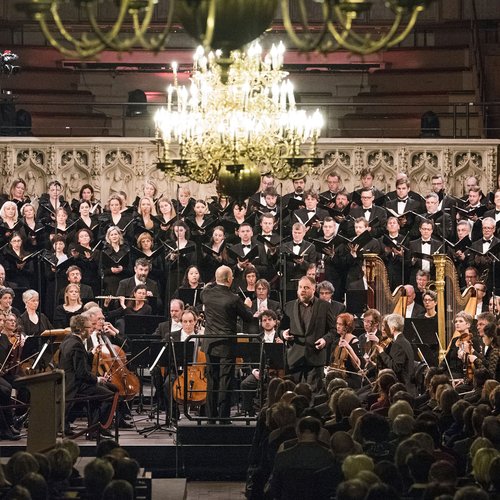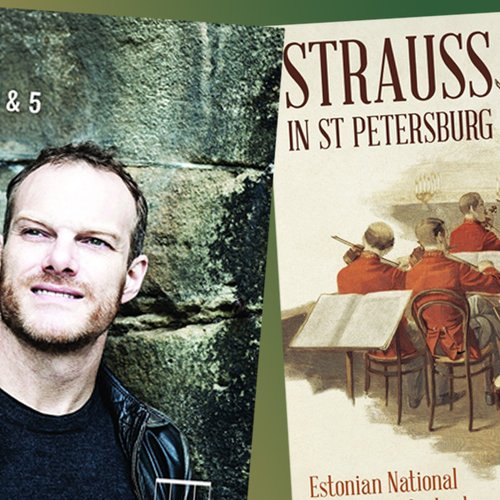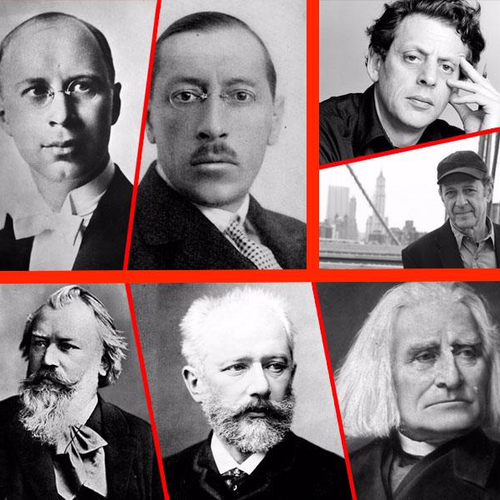Johannes Brahms: An Appreciation
Johannes Brahms was the last grand master in the Viennese tradition; a beacon of sanity in a fast-changing world.
What should I listen to in order to start getting into Brahms’s music?
If it’s great melodies you’re after his early B-flat String Sextet is sublime, or for something to set the adrenaline racing try the Second Symphony’s finale. For goose-flesh activation, his Violin Concerto also usually does the trick.
Is it true that Brahms had a tough start in life?
Absolutely. He spent much of his early teens trying to help support his poor family by playing the piano in back-street taverns and brothels, the anguished memory of which was to remain with him for the rest of his life.
Progressive or conservative reactionary?
That’s a tough one. At the time it seemed as though Wagner was pointing the way forward, and that Brahms had dug his heels in. Yet from the German arch-modernist Schoenberg’s point of view, it was Brahms who above all anticipated later trends.
The pros?
Everyone likes to have something to tuck away in their scrap-book, but few tributes equal Elgar’s glowingly affectionate testimony: “Brahms writes for the whole world and for all time – a giant: lofty and unapproachable.”
The cons?
Brahms suffered more than his fair share of abuse during his lifetime, but a particularly scorching favourite put-down comes from Tchaikovsky in a diary-entry: “I have just played over the music of that scoundrel Brahms. What a talentless bastard!”














